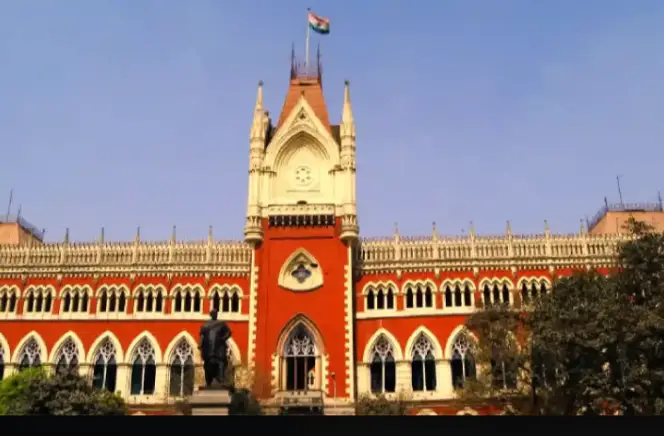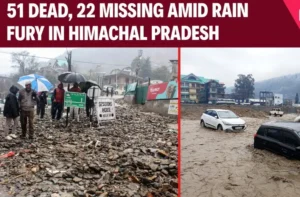The Kolkata gang rape case from 2003 has resurfaced in the news as two accused individuals were acquitted after a lengthy legal battle spanning two decades. This development has reignited conversations about the pace of justice delivery and the challenges victims and accused face in the Indian legal system.
Justice Delayed: The Long Road to Acquittal
The secondary focus keyword, justice delayed, is at the heart of this case. The accused spent over 20 years under the shadow of a serious criminal charge before being found not guilty. Delays like these are not uncommon in India, where court backlogs and procedural complexities often prolong trials. The acquittal has led to renewed scrutiny of how such delays affect both the accused and the victims, raising concerns about the effectiveness of the judicial process.

Public Reaction and Legal Implications
The acquittal in the Kolkata gang rape case has sparked widespread reactions. Many are questioning the reasons behind the prolonged trial and the impact it has had on all parties involved. Legal experts point out that such delays can undermine confidence in the justice system, emphasizing the need for reforms to ensure timely resolution of cases.
The Need for systematic Change
The Kolkata gang rape case highlights the urgent need for judicial reforms to address the issue of justice delayed. Streamlining procedures, increasing judicial capacity, and leveraging technology could help reduce such delays, ensuring that justice is both swift and fair.






